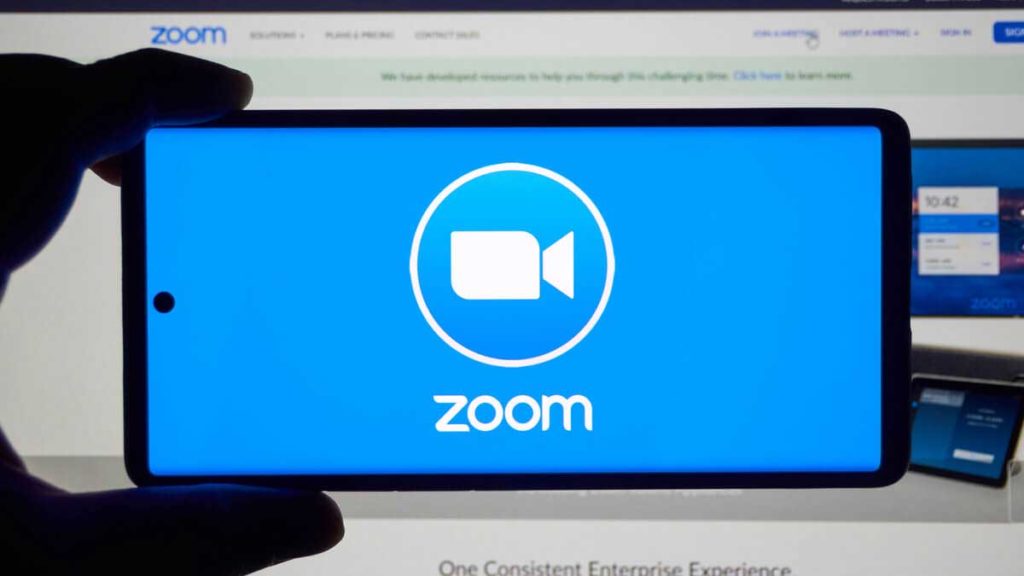
Zoom is trying to upgrade its security and trust at the same time. Audio and Content flowing between Zoom users are end-to-end encrypted. However, in the near future, Zoom will offer an end-to-end encrypted meeting mode to all paid accounts, states the company in a blog post published on May 7, 2020. Founder and CEO Eric Yuan said that “Free users, for sure, we don’t want to give that because we also want to work together with FBI, with local law enforcement in case some people use Zoom for a bad purpose,” according to Bloomberg. Who said that bad people would not pay to have a Zoom account? Moreover, who said that only free account users are bad people?
The irony is that Zoom updated its privacy policy in March 2020 claiming that the platform complies with all applicable privacy rules and regulations in the jurisdictions within which it operates, including the GDRP and the CCPA. In addition, Zoom’s privacy policy states that it was designed to reflect its compliance with the Children’s Online Privacy Protection Act (COPPA), the California Consumer Privacy Act (CCPA), the Federal Education Rights and Privacy Act (FERPA), and other applicable laws. However, excluding clients who use the free version of the platform means that Zoom will not fully comply with the legal framework mentioned above.
In a message published on the Zoom blog on April 1, 2020, Yuan said that the platform was initially designed primarily for enterprise customers- large institutions with full IT support. Suddenly, in light of the Covid-19 pandemic, every person in the world started using the platform for studying, working, or connecting with friends and family. Thus, Zoom started dealing with challenges that were not anticipated before.
On May 22, 2020, Zoom published the first version of E2E Encryption for Zoom Meetings. “Zoom users deserve excellent security guarantees, and Zoom is working to provide these protections in a transparent and peer-reviewed process,” stated Zoom. The company said that when they refer to “Zoom clients” that means they include all these various forms of packaging.
Actually, this ironic decision came out after many challenges. Recently, the US Justice Department has objected Facebook’s plan to enable end-to-end encryption across its services. In addition, US President Donald Trump decided to reform Section 230 of the Communications Decency Act. This reform will waive immunity for tech companies that could be then sued for users’ publications. Zoom could face this challenge for users who might be sharing bad content over the platform.